O BROKER, WHERE ART THOU?
O BROKER, WHERE ART THOU?
by Andrea S. Alford, Deputy Executive Director, Arkansas Real Estate Commission
Webster defines the term “bona fide” as “genuine; authentic; neither specious nor counterfeit”. In one of my favorite scenes from “O Brother Where Art Thou”, Ulysses Everett McGill has escaped from prison and returned to his wife, Penny, only to learn she is engaged to a man named Vernon. Penny explains her choice to Everett matter-of-factly: “Vernon here’s got a job. Vernon’s got prospects. He’s bona fide.”
When my family first saw this movie, my sisters and I were all single, and we’ve had some interesting conversations over the years over whether or not a potential suitor was bona fide. As humorous as those conversations were, choosing someone who is bona fide is actually important, not just in marriage but in other areas of life as well. Say, for example, when it comes to the sale or purchase of your home. After all, buying or selling a home is the most significant transaction many of us will encounter.
In Arkansas, there are two basic categories of individuals who operate in the realm of managing, buying and selling real estate for or on behalf of others: unlicensed individuals and licensed individuals.
Unlicensed individuals who are performing brokerage activities fall into one of two groups: those who are exempt from licensure under the law and are thus allowed to perform brokerage activities without a license in a limited scope, and those who are not exempt and must hold a valid real estate license in order to perform brokerage activities. For our purposes today, we will consider the latter. And to be clear, the latter are not bona fide.
By practicing real estate without a valid license, these individuals are operating in violation of the law and could find themselves facing a Class D felony, a civil penalty of up to $5,000, and an order to reimburse any compensation collected during the unlicensed real estate activity in which they engaged.
Unlicensed individuals who practice real estate pose a threat to consumers in several ways. Consider an unlicensed individual who agrees to sell his neighbor’s property for a fee. Because he is not a licensee, he doesn’t have access to real estate marketing tools such as online multiple list services and printed listing publications. Any marketing of the property will have to be done via yard signs and mainstream advertising, and any related expenses will likely have to be paid by the seller up front.
As a result, the seller’s property receives minimum exposure while the properties listed by bona fide licensees are receiving maximum exposure aimed at the target market: buyers. Why is that, you ask? A bona fide licensed listing agent has access to marketing training, tools and resources that an unlicensed person simply does not.
Next, hiring an unlicensed individual risks encumbering a property and preventing it from being placed on the legitimate market. Many licensees won’t take a listing where an unlicensed individual appears to be involved – especially if any type of written agreement is in place between the unlicensed person and the seller. The potential harm to their business simply isn’t worth the risk.
Finally, and perhaps most importantly, hiring an unlicensed individual exposes a consumer to maximum risk by engaging the services of someone who has not undergone either the appropriate education or examination regarding the law and practice of real estate in Arkansas. In other words, an unlicensed individual has not been deemed competent to practice real estate in Arkansas.
To that end, hiring an unlicensed individual prohibits a consumer from drawing upon the full protection of the Arkansas Real Estate Commission. If a licensee is ordered by the Commission to pay monetary damages to a consumer and refuses, the consumer can make a claim for payment from the Commission’s Recovery Fund. The Recovery Fund then pays the damages to the consumer on the licensee’s behalf.
The Recovery Fund is one of the most valuable tools the Commission has in fulfilling its mission of protecting the public because it helps us ensure that a consumer who has been harmed is made whole. However, the Recovery Fund does not apply to unlicensed activity, nor should it. So while the Commission can order an unlicensed individual to reimburse commissions or fees, there is no backup fund that will make the consumer whole should the unlicensed individual refuse to pay.
Consumers aren’t the only ones who stand to be harmed by unlicensed activity – this affects licensees, too. Unlicensed individuals don’t have the overhead costs that licensees have, so they offer low commission rates and undercut licensees in order to attract customers. As a result, licensees who have invested time and money in qualifying for licensure, maintaining their licenses and building and growing their businesses suffer because they aren’t able to operate at the cut rates unlicensed individuals are offering.
All of this begs the question: if unlicensed real estate activity isn’t good for consumers and it isn’t good for licensees, for whom exactly is it good? Absolutely no one. Not even the unlicensed individuals themselves. Sure, they may profit for a time, but the long-term risk of a felony conviction and thousands of dollars in fines simply isn’t worth it.
Consumers, make the choice that’s in your best interest. If you wish to engage the services of a real estate professional, do just that: hire a bona fide licensed real estate broker to represent you. They have the necessary training and education, they have been deemed competent to practice real estate in the state of Arkansas, and they offer the protection of the Arkansas Real Estate Commission, an agency whose number one focus is protecting you.
